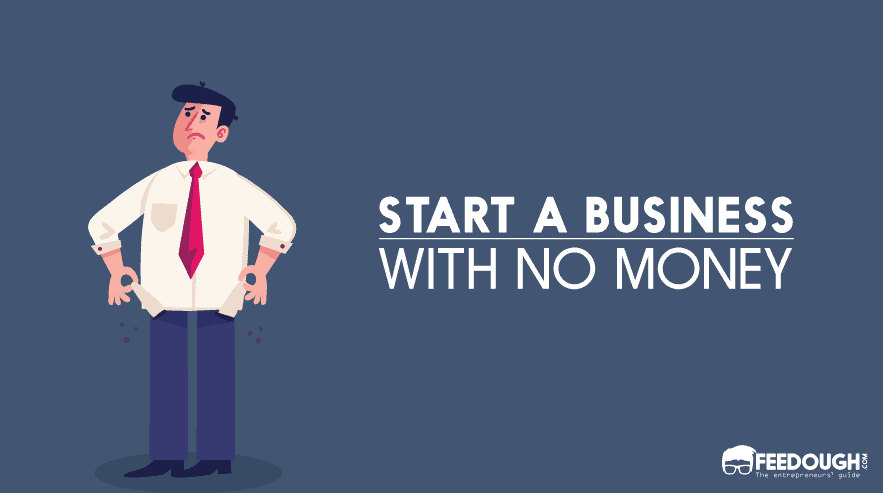How to start a business with no money?

Starting a business with no money can be challenging, but it's not impossible. Here are some steps to help you get started:
Identify a Low-Cost Business Idea: Look for business ideas that don't require significant upfront investment. Consider your skills, talents, and interests to identify a business idea that you can pursue with minimal resources. Examples include freelancing, consulting, online selling, or providing services such as tutoring, pet sitting, or event planning.
Create a Solid Business Plan: A well-thought-out business plan is crucial, especially when you have limited funds. Outline your business concept, target market, competition, marketing strategies, and financial projections. A business plan will help you stay focused, attract potential partners or investors, and guide your decision-making process.
Utilize Your Existing Resources: Make use of what you already have. Tap into your skills, knowledge, and network to bootstrap your business. Leverage free or low-cost tools and platforms for marketing, communication, and operations. Utilize social media and online platforms to promote your products or services.
Start Small and Scale Up: Begin with a minimal viable product or service and gradually grow your business. Focus on delivering value to your customers and reinvest any profits back into the business to fuel its growth. As your business expands, you can explore additional revenue streams and opportunities.
Partner with Others: Look for potential partners or collaborators who share your vision and can contribute resources or expertise. This could be someone with complementary skills or a strategic partnership with another business. By pooling resources and sharing costs, you can reduce the financial burden.
Seek Alternative Funding Sources: While you may not have money of your own, consider alternative funding options. These could include small business grants, crowdfunding platforms, or microloans from community organizations. Be prepared to pitch your business idea convincingly and demonstrate its potential for success.
Barter or Trade Services: Explore the possibility of bartering or trading services with other individuals or businesses. If you need certain goods or services for your business, consider offering your skills or services in exchange. This can help you acquire what you need without spending money upfront.
Focus on Sales and Cash Flow: Put a strong emphasis on generating sales and positive cash flow from the start. Ensure you have a clear pricing strategy, effective marketing tactics, and a systematic approach to invoicing and collecting payments. Positive cash flow will help sustain and grow your business over time.
Continuous Learning and Adaptation: Be open to learning, adapting, and refining your business approach along the way. Stay updated with industry trends, seek feedback from customers, and make necessary adjustments to improve your products or services. Continuous learning and adaptability are key to long-term success.
Starting a business with no money requires resourcefulness, perseverance, and a strong entrepreneurial mindset. While financial constraints may present challenges, they can also foster creativity and drive you to find innovative solutions. Stay focused, be willing to put in the effort, and keep your eyes on the long-term goals.
Comments
Post a Comment